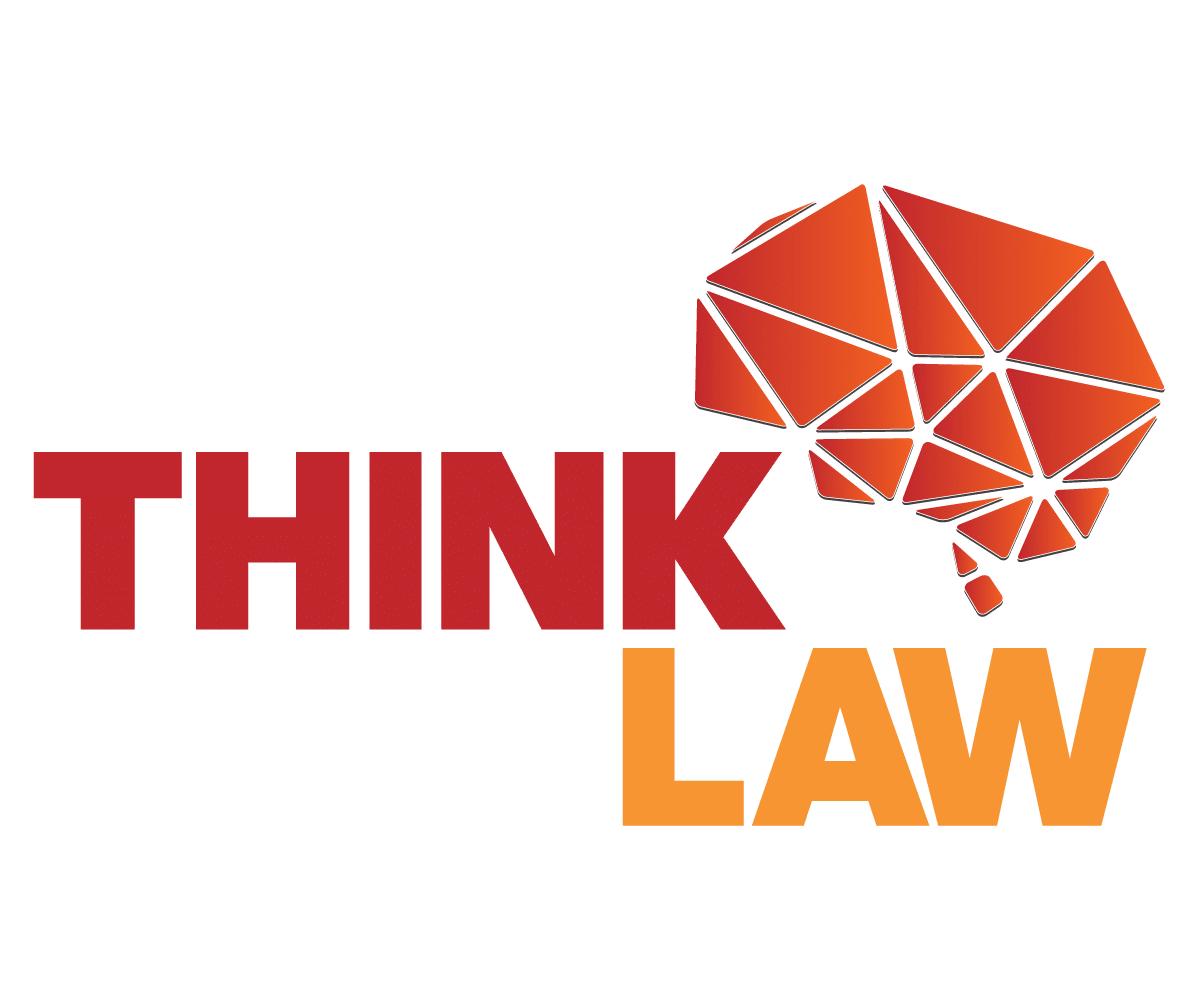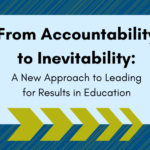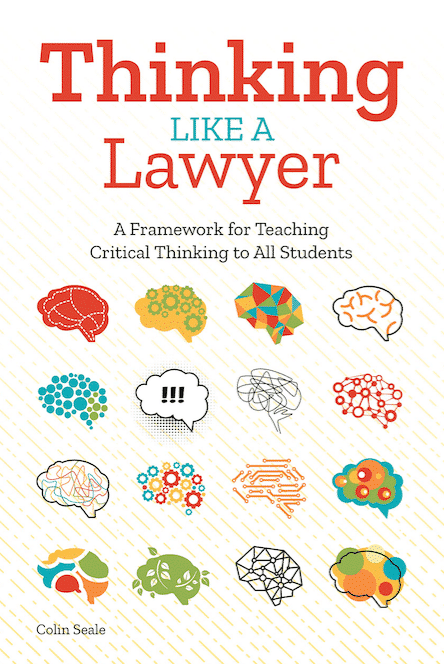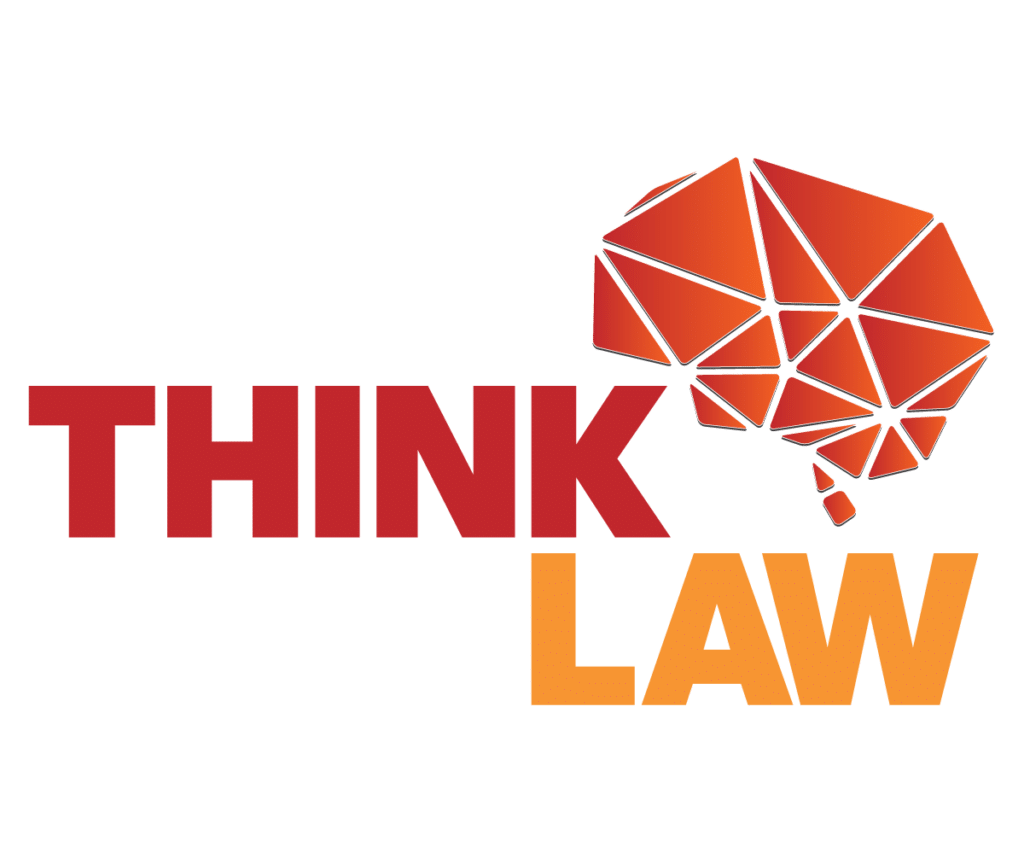Today many American students will walk out of their classrooms. They’ll rally against gun violence in schools, and show support for the Parkland, Florida, students impacted by shocking violence in their school last month.
School administration responses ahead of the protests have varied, from warnings of detentions and suspensions to cautious consent and even vocal support.
Student activism has been on the rise in recent years, but it’s nothing new. Young people were inspired to join the Civil Rights Movement in the 1960s, to speak out against the Vietnam conflict in the 1970s, and have been early adopters of environmental reform.
We at thinkLaw believe in empowering students to become advocates of their own rights, and here’s why:
Advocacy allows students to take ownership of their own learning.
Adults often feel powerless to change things, so it’s easy to imagine how this feeling is magnified in young people, who aren’t always given a place at the table.
We believe that it’s crucial to development for all students to feel safe, to feel comfortable expressing opinions, and to receive feedback that shows that their thoughts have value. Encouraging students to advocate for themselves, and to collaborate with each other toward a greater mission, can help reverse this feeling of helplessness and create confident students.
When faced with a tough question – what can we do about gun violence in schools? – students learn to examine critically how policies can be used, or changed, to get a good outcome. A common goal can bring together kids from all backgrounds and ability levels to achieve something together.
Whatever actions they come up with in response to these questions will be meaningful to them, and they’re likely to engage enthusiastically and learn along the way.
Students learn citizenship in a meaningful way.
Student activists step out of their social studies classrooms and apply what they’ve learned to real world situations.
It requires them to ask things like: What are the most important rights in our society? What is my place in our society, and what responsibilities do I have in it? How can I work within this structure to make change? Is it ok to break a rule if it’s for a greater good? And equally, important, what kinds of consequences will my actions create, and am I willing to face them?
We believe that this inquisitiveness is crucial for all students. Critical thinking skills are not a luxury good reserved just for top students, but life skills that are the key to student success both in and outside school.
Adults can provide suggestions for channeling their expression, but we can also acknowledge that sometimes intentional rule infractions can allow them to test their rights, abilities, limits, and emerging personal narratives out in the world – in a focused way and under supervision.
Activism is all about the ability to express and persuade, which is built with critical thinking skills.
The goal of activism is to create change, which is done by persuading people with words and images. This requires students to tackle abstract concepts like justice, fairness, rights, and consequences, and to discuss them in order to plot a course for action.
Learning to research all sides of a topic, verbalizing a position, and defending it is the very core of critical thinking. And persuasive expression lets students find out, very quickly, how their opinions are received and what consequences their messages have.
By the way, remember all those well-spoken and persuasive Parkland students? They may owe some of their success to the skills developed in the Broward County school district, which requires all students to take middle school civics classes that discuss current issues and are partly discussion-based, and offers debate classes in both middle and high school. This is such a great example of a district helping to bridge the critical thinking gap, something we here at thinkLaw are excited to see.
To order a critical thinking assessment for your students or to learn how your school or organization can adopt thinkLaw’s standards-aligned program that helps educators teach critical thinking to all students, please click here to schedule a time to speak with someone on the thinkLaw team or call us now at (702) 318-7512. Join us on our next webinar: Thinking Like a Lawyer: Powerful Strategies to Teach Critical Thinking to All Students







Leave a Reply